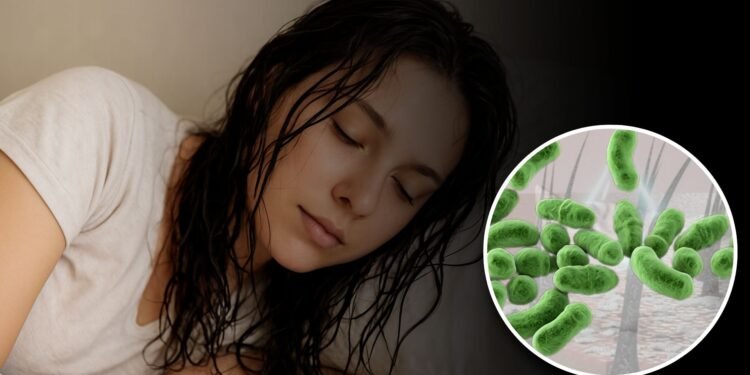Generations grew up on the warning: never go to bed with wet hair or you’ll wake up blind. Some even stretched it to insanity, headaches, or instant colds.
Turns out, all that drama belongs in the folklore aisle.
Science says your eyesight is safe—but your scalp and hair might not be. Sleeping with damp hair won’t curse you with blindness, but it can set up your pillow as a fungal playground, leave your strands weak, and make your mornings a frizz-fest.
Blindness belongs to myth, but damage belongs to reality
Despite what titas and lolas warned, there’s no evidence that wet hair causes blindness. Eye problems have nothing to do with damp strands; those old wives’ tales were just scare tactics to keep kids from soaking pillows. Studies confirm that colds come from viruses, not cold heads or damp scalps. You’re more likely to get sick from touching a doorknob than from sleeping with moist hair.
But while blindness is pure fiction, damage is real. Wet hair is weaker—stretching up to 30% of its length safely, but beyond that it breaks. Tossing and turning on a damp pillow roughens up the cuticle, and dermatologists agree this is prime territory for split ends, dullness, and brittle strands.
Fungus finds comfort where your head rests
The real villains of sleeping wet aren’t ghosts but fungi. A damp pillow traps heat and moisture, creating the perfect spot for scalp infections. Conditions like seborrheic dermatitis and dandruff have been linked to Malassezia, a fungus that thrives in follicles and flares up when the environment is moist. In fact, pillows have been found to house up to 16 fungal species, including Aspergillus fumigatus, which can worsen asthma and allergies.
And if the fungal story wasn’t itchy enough, damp hair pressed against the skin can clog pores, turning your pillow into an acne factory. That “morning breakout” isn’t from bad skincare—it could be your hair products leaching onto your face overnight.
What the myth got wrong, and what you need to know
So why did so many people grow up scared of blindness instead of flakes? Cultural superstitions kept the myth alive, and in many Filipino homes, it became a go-to bedtime warning. But what really deserves attention is the proven fallout: breakage, fungus, and dandruff.
Experts suggest a few ways to limit the damage. Letting hair air-dry earlier in the evening, using a silk pillowcase, and conditioning regularly all help reduce friction. Oil treatments like coconut or argan also cut protein loss. Even simple detangling before bed goes a long way in avoiding knots. Meanwhile, hair myths like brushing 100 times or trimming for faster growth have been busted too, proving that not every bedtime ritual holds water.
Forget eyesight—this is what wet hair really destroys
You won’t go blind from sleeping with wet hair. That fear is outdated, born out of superstition, not science. What you actually risk is weaker strands, breakage, dandruff, and fungal infections—the kind of low-key nightmares you can actually wake up to.
So the next time you crash with damp hair, remember: your eyes are safe, but your scalp might pay the price.












